SC Asks Centre for Uniform Policy on Digital Lending Platforms
- ByAdmin --
- 29 May 2025 --
- 0 Comments
The Supreme Court of India has sought a response from the Central Government regarding the formulation of a comprehensive and uniform policy to regulate digital lending platforms across the country. This move comes amid rising concerns over unregulated loan apps, predatory lending practices, data privacy violations, and the financial exploitation of vulnerable borrowers.
The Court emphasized that in the absence of clear regulatory oversight, many digital lenders are operating in legal grey areas, leading to unfair practices and harassment of borrowers, particularly from economically weaker sections.
Key Concerns Raised by the Court
- Proliferation of Unregulated Loan Apps
Several mobile-based loan platforms are operating without authorization from the Reserve Bank of India (RBI), often indulging in high-interest lending and aggressive recovery methods.
- Privacy and Data Exploitation
These platforms often access sensitive personal data—contacts, photos, location, and more—without informed user consent, raising concerns under data protection principles.
- Borrower Harassment
The Court noted several instances of mental harassment, blackmail, and public shaming of borrowers by recovery agents, causing severe psychological stress and even suicides in extreme cases.
- Lack of Transparency in Loan Terms
Many apps fail to disclose the effective interest rates, processing fees, or repayment terms upfront, leading to confusion and financial distress.
Constitutional and Legal Framework
- Article 21 – Right to Life and Personal Liberty
Protects individuals from harassment, coercion, and unauthorized use of personal data. The SC highlighted that digital lending practices must respect individual dignity and autonomy.
- Article 19(1)(g) – Freedom of Trade and Profession
While the Constitution guarantees the right to carry out business, this right is subject to reasonable restrictions. Unregulated digital lending that harms citizens can be curtailed under this provision.
- Reserve Bank of India Act, 1934
Empowers the RBI to regulate all financial institutions and digital lending entities. The Court referred to the need for stricter enforcement under this Act to monitor illegal operators.
- Information Technology Act, 2000
- Section 66E: Punishes violation of privacy.
- Section 43A: Holds entities accountable for failure to protect personal data.
- Section 72A: Covers the disclosure of personal information without consent.
- Section 66E: Punishes violation of privacy.
- Digital Personal Data Protection Act, 2023
Imposes restrictions on how digital platforms collect, process, and store personal data. The Court noted the necessity of aligning lending platforms with this Act to safeguard digital rights.
Directions and Observations
- Call for a Central Regulatory Framework
The Supreme Court has urged the Central Government to formulate a uniform policy covering registration, licensing, interest rate caps, grievance redressal, and data privacy guidelines for digital lenders.
- Role of RBI and MeitY
The Court emphasized coordination between the Reserve Bank of India and the Ministry of Electronics and Information Technology (MeitY) to ensure financial regulation and data protection go hand-in-hand.
- Need for Consumer Education
The SC observed that borrowers, especially those in rural or low-income communities, often fall prey to deceptive practices due to lack of awareness. Educational outreach was recommended.
- Stricter Penalties for Non-Compliance
The government has been advised to consider provisions for penal action against platforms that exploit users or fail to comply with regulatory mandates.
Suggested Policy Reforms and Safeguards
- Mandatory Registration of Digital Lenders
All lending apps must be registered with a financial regulator and display verifiable credentials publicly within the app interface.
- Interest Rate Regulation
Capping of interest rates, processing charges, and penalties should be mandated to protect borrowers from usury.
- Standard Loan Disclosures
Every app must disclose APR (Annual Percentage Rate), total repayment amount, repayment schedule, and user consent requirements in clear language.
- User Grievance Redress Mechanism
A central portal should be established for borrowers to report abuse and seek resolution of issues with digital lenders.
- Audit and Compliance Requirements
Periodic audit of lending platforms and their practices must be enforced to ensure legal compliance and ethical conduct.
The Supreme Court’s proactive stance on digital lending marks a vital step toward securing digital financial ecosystems in India. As more citizens engage with technology for credit access, robust regulatory measures will ensure fairness, protect individual rights, and uphold financial integrity. The matter will be further heard after the Centre submits its affidavit outlining proposed policy directions.


































































































































































































































































































































































































































































































































































































































































































































































































































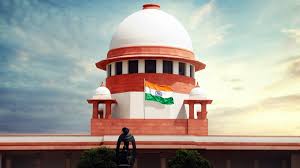


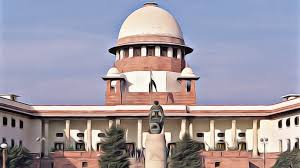

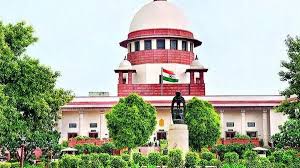









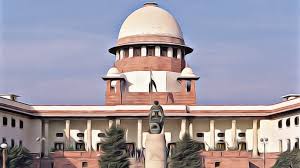




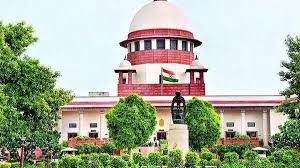



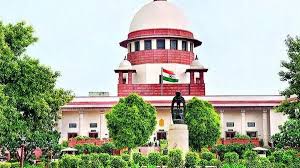
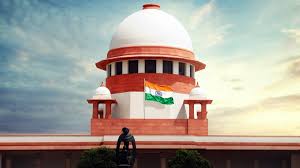



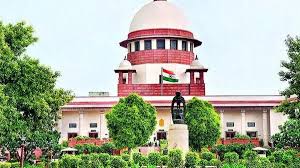


















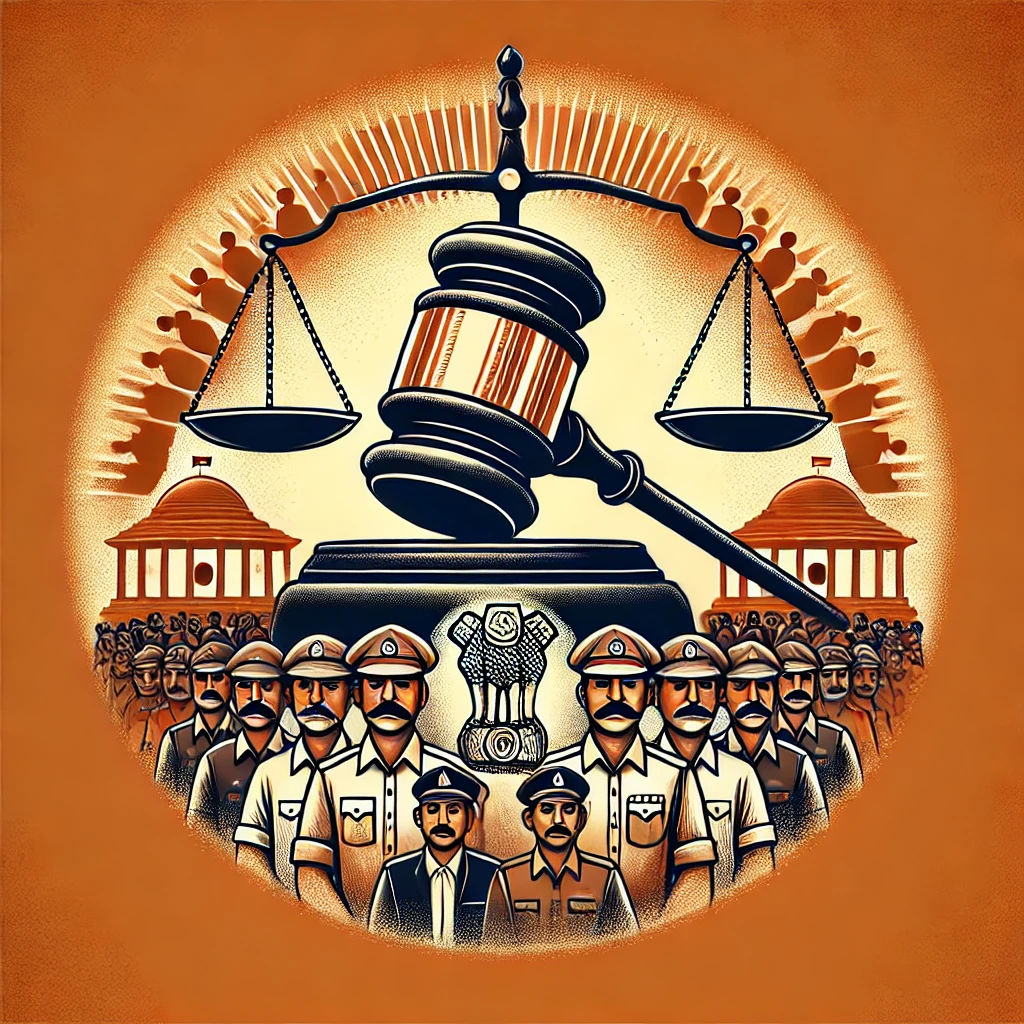













































0 comments